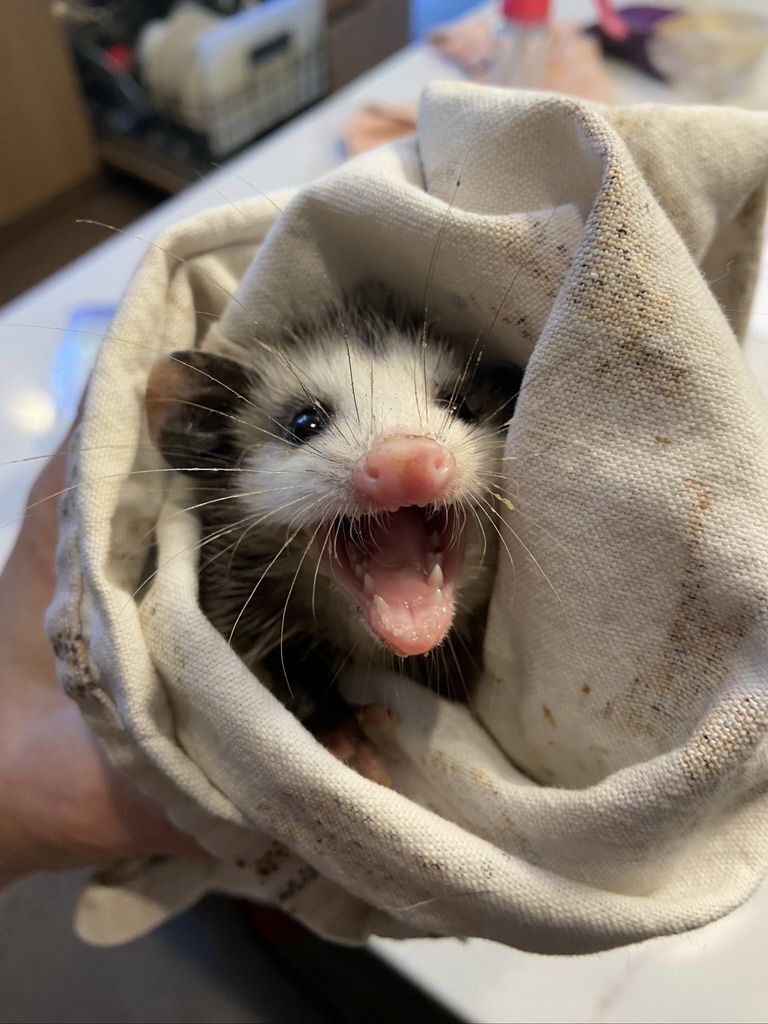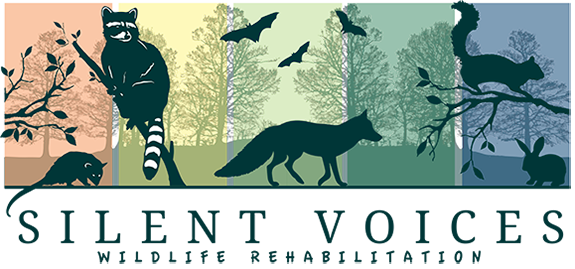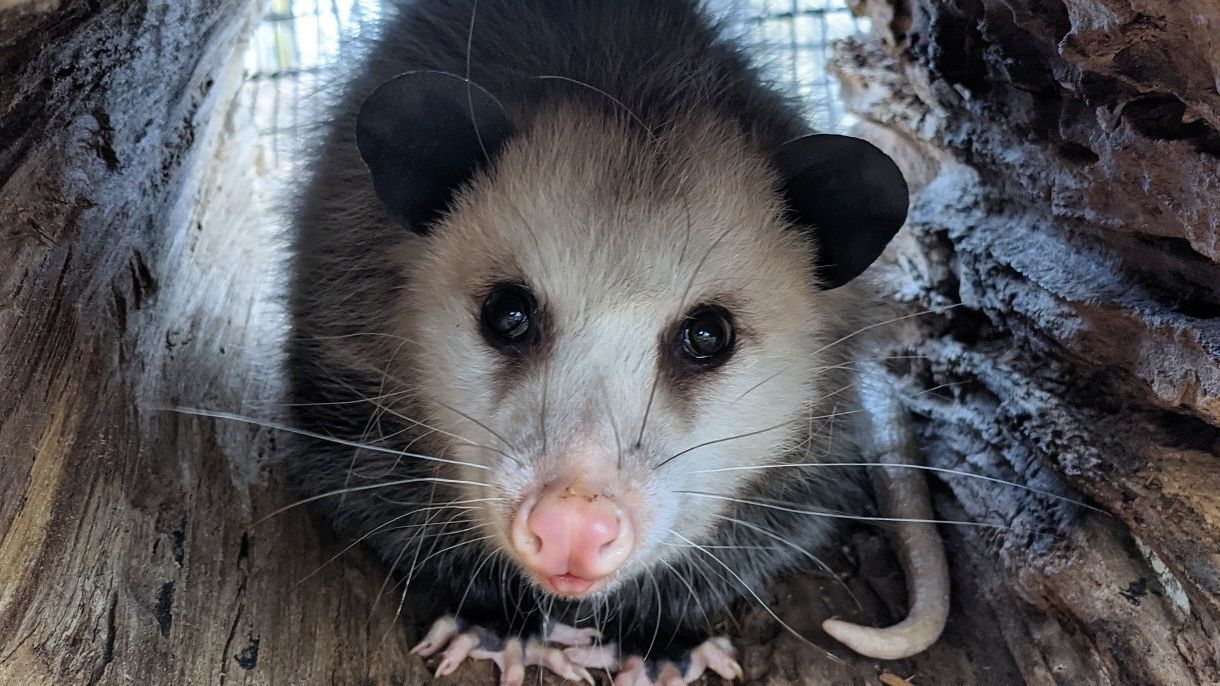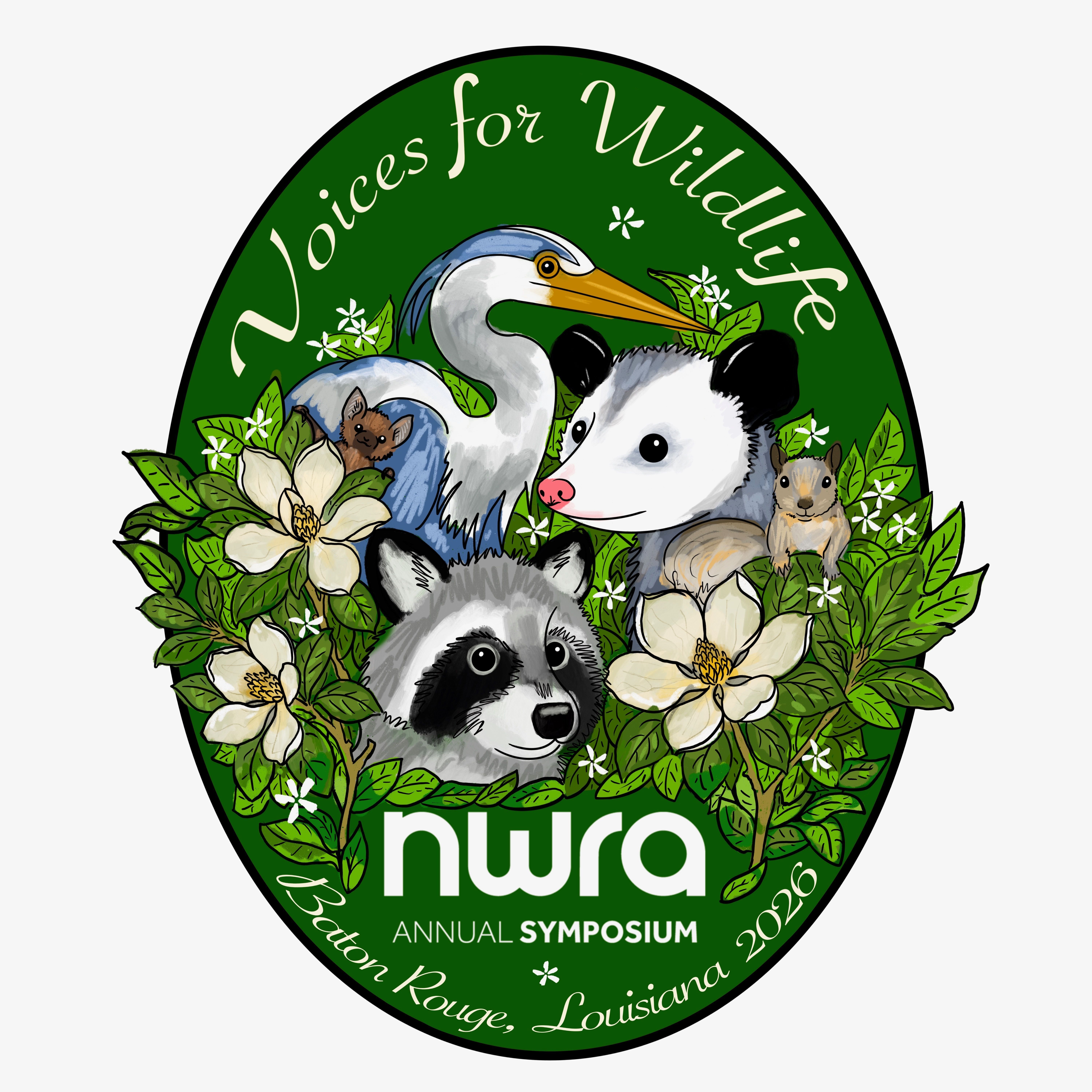
Global warming, a result of human activities, is causing significant changes in the environment. These changes have far-reaching effects on various species, including the Virginia Opossum. The Virginia Opossum, scientifically known as Didelphis virginiana, is the only marsupial native to Louisiana.
Loss of Habitat
One of the main consequences of global warming is the loss of suitable habitat for many species. Rising temperatures and changing precipitation patterns are altering the vegetation composition and distribution, directly affecting the Virginia Opossum. As their habitat becomes unsuitable, these animals are forced to migrate or adapt to new environments.
Changes in Food Availability
The Virginia Opossum is an omnivorous species, consuming a wide range of foods such as insects, fruits, small vertebrates, and carrion. However, global warming can disrupt the delicate balance of ecosystems, leading to changes in food availability. For example, shifts in plant flowering and fruiting seasons can impact the availability of fruits, a crucial food source for the Virginia Opossum.
Increased Disease Risk
Global warming not only affects the physical environment but also influences the spread of diseases. Rising temperatures can promote the expansion of disease-carrying vectors, such as ticks and mosquitoes. The Virginia Opossum, being a host for various parasites, is susceptible to these diseases. Increased exposure to pathogens and parasites can lead to a higher risk of infection and negative health impacts on the population.
Altered Reproduction and Behavior
The reproductive success and behavior of the Virginia Opossum can also be affected by global warming. Changes in temperature and precipitation patterns can disrupt the timing of breeding seasons, affecting the availability of resources critical for reproduction. Additionally, extreme weather events can lead to increased stress levels, which can impact mating behaviors and overall reproductive success.
Global warming poses a significant threat to the Virginia Opossum population. Loss of habitat, changes in food availability, increased disease risk, and altered reproduction and behavior are just a few of the ways these animals are being affected. It is crucial for us to take immediate action to mitigate the impacts of global warming and preserve the habitats of vulnerable species like the Virginia Opossum.









